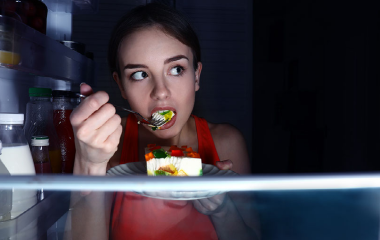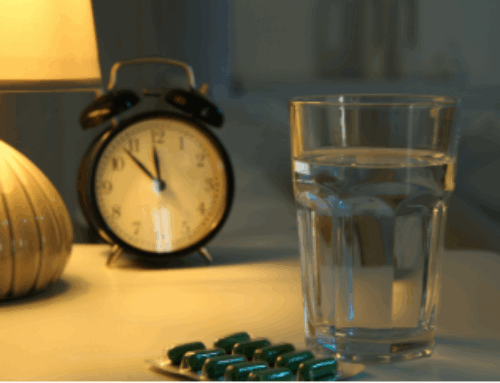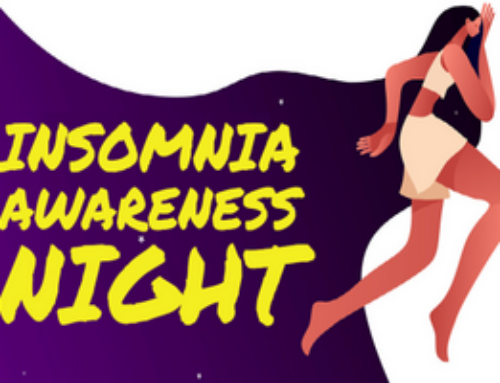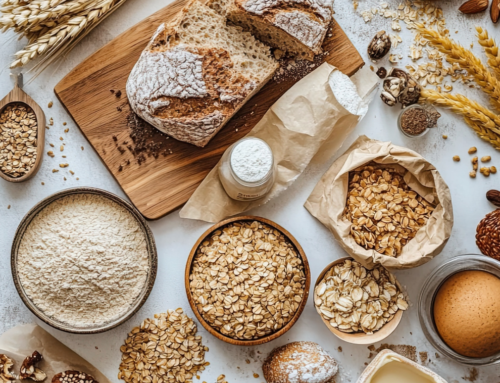Insomnia is the most common sleep complaint, affecting as many as 30 to 35 percent of adults at some point in their lives, and 8 to 10 percent chronically. There’s more to insomnia than feeling tired after the occasional restless night. An insomnia disorder involves a pattern of sleep disturbance and daytime symptoms. Chronic insomnia is linked with an increased risk of heart failure, depression, anxiety, and more.
Researchers are looking for ways to prevent the likelihood of having insomnia. Recent studies examine the role that diet plays.
Pancakes, pastries, pasta…and insomnia
A diet high in refined carbohydrates may raise the likelihood of developing insomnia, according to a 2019 study.
Often referred to as “empty” calories, refined carbs include sugars and processed grains that are stripped of nutrients. Examples of refined carbs include white bread, cookies, cakes, sodas, and more.
Consuming highly refined carbs can cause a rapid spike in blood sugar. But what goes up must come down. Researchers believe that the peaks and crashes in blood sugar are responsible for triggering insomnia.
Foods with a low glycemic index (GI) value raise blood sugar levels more slowly than other foods. This includes most fruits and vegetables, nuts, beans, and other foods that don’t include processed grains or added sugars. Low GI foods don’t cause the rapid drop in blood sugar that is linked to awakening from sleep.
While this study analyzed only postmenopausal women, researchers suspect the findings may hold true for the broader population as well.
A DASH of insomnia
This finding is supported by a recent study that explored the link between insomnia and the DASH diet.
“Dietary approaches to stop hypertension” — also known as the DASH diet — is a dietary pattern aimed at preventing and controlling high blood pressure. This heart-healthy eating style includes foods such as whole grains, nuts, low and nonfat dairy, fruits, and vegetables.
A 2019 study of adolescent girls found that adherence to the DASH diet was associated with lower odds of insomnia.
The parallels between these studies suggest that a diet low in sugar-sweetened foods may have a beneficial effect on sleep.
Identifying dietary triggers that can lead to insomnia may prevent more people from experiencing this sleep disorder.
The treatment for insomnia depends on its underlying cause. Cognitive behavioral therapy or practicing good sleep hygiene may help. Insomnia can be treated with the help of the sleep team at an accredited sleep center.
Medical review by Lawrence Epstein, MD
Authored by:
Kate Robards





